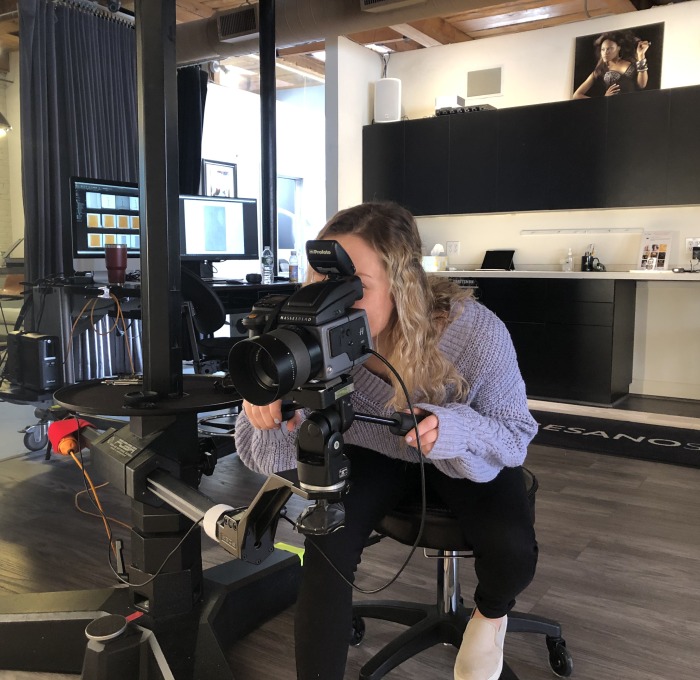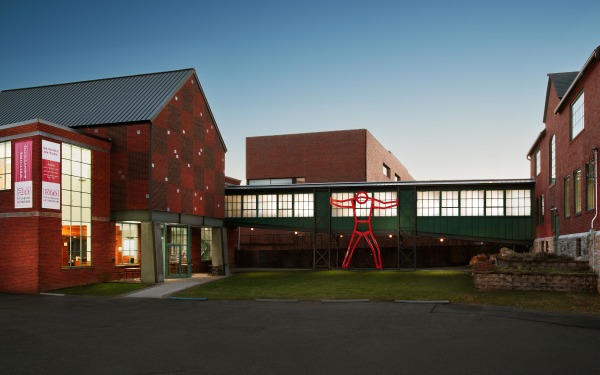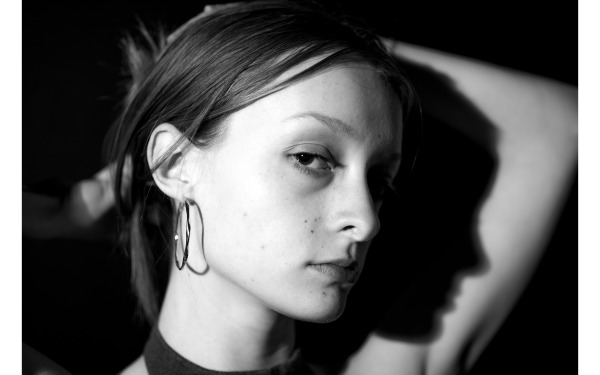
In Short
The Photography Concentration aims to provide students with creative working knowledge of historical and contemporary photographic processes while guiding students toward careers as professional image makers. In doing so, students in this concentration have access to excellent darkroom, studio, and digital facilities where students work with professional equipment as early as their first year.
What we're working on





Program Overview
Photography students gain hands-on experience featuring equipment ranging from analog 35 mm film and digital SLR cameras to medium-format and large-format view cameras, learning imaging and printing in analog and digital domains. The photography lab facilities have two large group darkrooms and individual darkrooms for more advanced coursework. There are also two dedicated commercial lighting studios and a well-equipped printing and scanning lab to facilitate training with different digital print methods and formats. Students can also access equipment through the concentration’s dedicated checkout facility, ensuring they have the tools they need to succeed in the concentration.
Hear from our Students
“I learned so much about how to prepare myself for job searching, as well as getting great insight from successful photographers when they came to visit.” - Emily Phillips ‘25
“Being in the studio was really stressful at first because there is so much equipment, but now that we have been increasingly using more of the equipment in class, I feel much more comfortable and love being in the studio. I feel like this class has really helped me grow as a photographer and find my path.” - Amber Dalicandro '25
Experiential Learning
Visions
Internships
Fitchburg Art Museum
A Discussion with Photographer Alumnus Atom Moore '05
Photography Students Provide Headshot Service
Study Abroad
Curriculum and Other Information
- BS, Photography Concentration, Communications Media - Program information from the University Catalog.
- Four-Year Plan of Study - Required and elective courses for program completion.
B.S. in Communications Media
- Students should demonstrate proficiency in the core tools and skills of their discipline.
- Students should be able to apply aesthetic principles to their work by developing and defending a portfolio that demonstrates craftship and meets professional standards for their discipline.
- Students should be able to explain how their work fits in the historical and theoretical context of their discipline.
- Students should apply core theoretical principles to the analysis and critique of media.
- Students should recognize and apply ethical perspectives to their work.
- Art Gallery/Museum Curator
- Art Teacher/Professor
- Cinematographer
- Photographer







